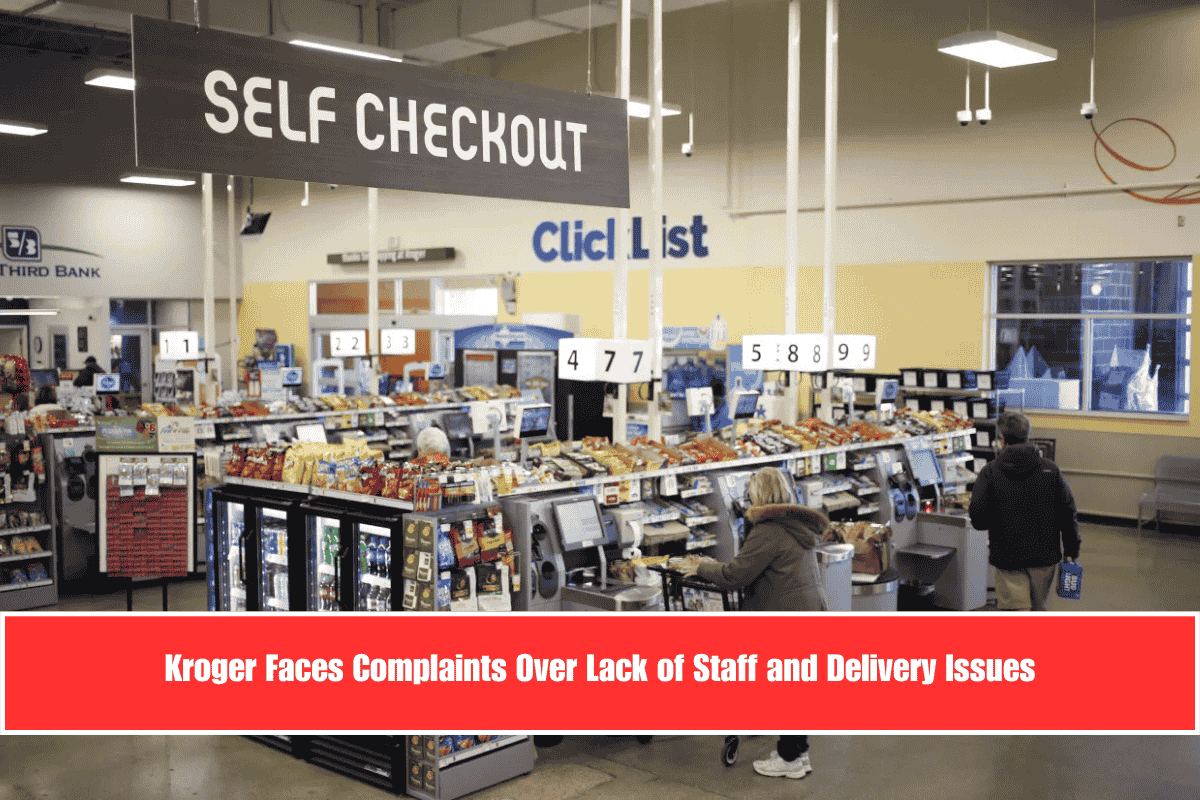If you’re here, it’s probably because you want to know when the tax refund you’ve been waiting for will arrive, or because the date you expected to receive your check from the Internal Revenue Service (IRS) did not arrive and you don’t know what happened.
Don’t worry, I’ll tell you everything you need to know to get through this tax season with ease. We go in sections, without technicalities or long rolls.
The IRS’s “Where’s My Refund tool?” steals the show. It’s simple to use and available on their website. You only need three pieces of information: your Social Security number or ITIN (the identification number for taxpayers who do not have an SSN), your marital status when filing (single, married, etc.), and the exact amount you expect to be returned to you.
Once you enter everything, the IRS tool will give you one of three options
“Statement received”: They have already received your paperwork and are reviewing it to ensure that everything is correct, no documents are missing, and no fraud has occurred.
“Refund approved” indicates that everything is in order, and the payment is being prepared. The date will be communicated to you via the same platform or the IRS2Go smartphone application.
“Refund sent”: Money is on its way. Allow up to 5 business days for direct deposit, while mail-in checks may take longer. You’re already aware that USPS delivery times are significantly slower.
The tool is only updated once a day (usually in the early morning), so don’t overwork it by refreshing it every hour. If you prefer something more mobile, download the IRS2Go app and check from your phone.
Why is my tax refund delayed? The most common reasons
If you filed your return online, the IRS will usually process it in less than 21 days. But be careful: this only applies if everything is perfect. If you sent your return via traditional mail, expect to wait between 4 and 8 weeks. The IRS does not have a team of superheroes to process paperwork, so manual procedures take time. “We are human beings,” agency officials say.
- Errors in the declaration: A misspelled number, a wrong calculation… Any detail can cause the IRS to ask you for corrections.
- Identity issues: If there was identity theft or suspected fraud, your case will go through further reviews.
- The bank is late: Even though the IRS sends the money, banks do not process deposits on weekends or holidays.
- Manual reviews: Sometimes the IRS needs to check something extra and sends you a letter. If you don’t respond quickly, the clock keeps ticking.
A sensitive issue that could cause delays is that the IRS laid off approximately 6,000 officials in February 2025, as ordered by DOGE “secretary” Elon Musk. This is part of the government’s plan to “streamline” things, but fewer employees may mean slower service.
Although the former head of the IRS claims there will be no chaos, experts such as Michael Kaercher (of NYU) are concerned that this will have an impact, particularly in cases that require manual review.
Of course, the IRS hasn’t officially confirmed these delays. The advice is straightforward: check the status of your refund every few days and pay attention to any letters or notifications.















